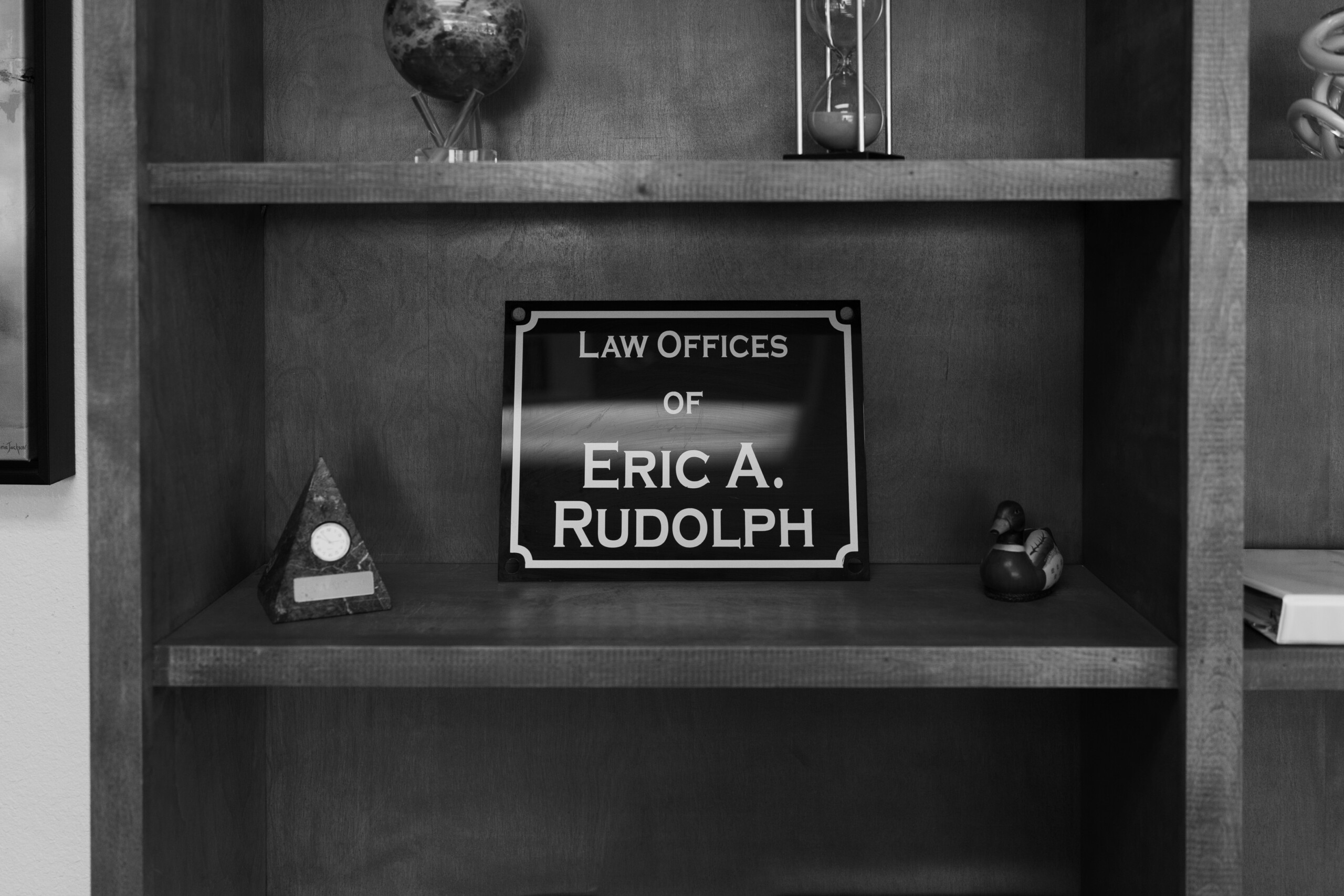It is very important to avoid probate. You may think that a Last Will avoids probate after you pass away – but it does not. Everyone pictures a scene out of a movie where the executor reads the Will to the family, and then everyone gets their inheritance. It is never that simple! Unless your estate is valued at less than $184,500, the Probate Court must be involved when you use just a Last Will to distribute your assets after you pass away.
The Probate Court supervises the administration of the estate. It should be noted probate is a public proceeding. Your Last Will and all related documents become a matter of public record, so your information is not confidential, including your assets and who you are leaving them to.
There are significant costs associated with probate as well. The Probate Court requires fees to probate your estate. Accountants, attorneys, appraisers, liquidators, and realtors can also be involved, and all of them need to be paid.
Approximate Costs of Probate
The following is an example of the approximate costs of a simple probate case which contains assets valued at around $500,000-$750,000:
- Court Filing Fees: $450-$500
- Publication Fees: $300-$600
- Bond Premium Fees: $1500-$3000 (per year)
- Probate Referee Fees: $500-$1000
- Executor’s Fee: $10,000-$15,000
- Attorney’s Fee: $10,000-$15,000
Efficiently transfer of assets outside of probate
There are several ways to arrange for the smooth, direct, and efficient transfer of assets outside of probate and avoid the above costs and fees. Here are some ways to avoid probate and save your loved ones a lot of money:
- Living Trust
- Joint Tenancy Bank Accounts
- Pay on Death (POD) Beneficiary Designations on Bank Accounts
- Transfer on Death (TOD) Beneficiary Designations on Investment Accounts
- Beneficiary Designations on IRAs and 401(k)s
- Beneficiary Designations on Life Insurance
- Holding Real Property as Joint Tenants with Right of Survivorship
The best way to avoid probate is with a Living Trust
A Living Trust helps to avoid the fees, costs, delays, and publicity associated with probate. Living Trusts are usually administered informally outside of the Probate Court, so your family’s privacy is protected. Living Trusts can distribute assets faster than assets subject to probate because they are not subject to the delays of probate. The average trust can be administrated in approximately 6-9 months – while a Probate Court proceeding can take up to 2 years!
Living Trusts are less expensive to administer than probating an estate. The cost of administering a trust is significantly less than the cost of probate. And while the cost of establishing a Living Trust can be more than establishing a Last Will, you will save substantially more money in the long run if you create a Living Trust now.
Living Trust and Estate Planning Services
For more information on avoiding probate and creating or updating your Living Trust, contact Estate Planning Attorney, Eric A. Rudolph, at (760) 673-7600 or schedule an estate planning consultation.







